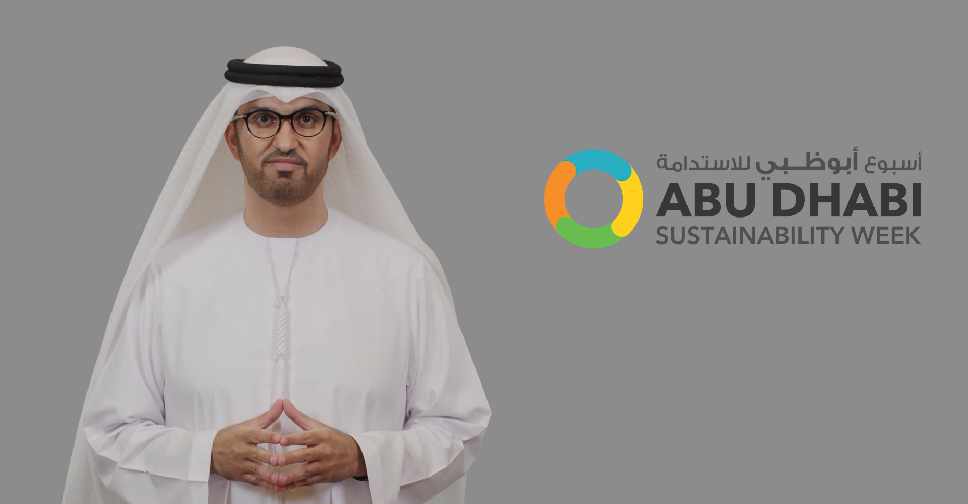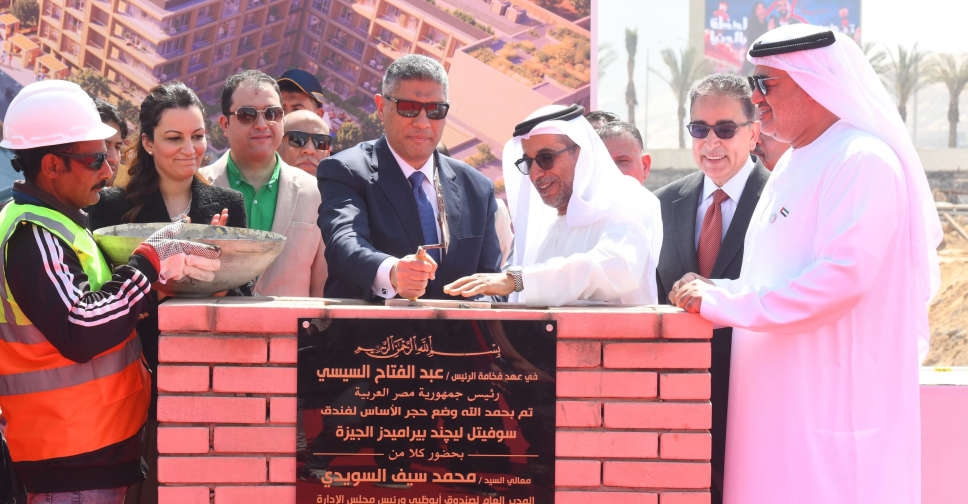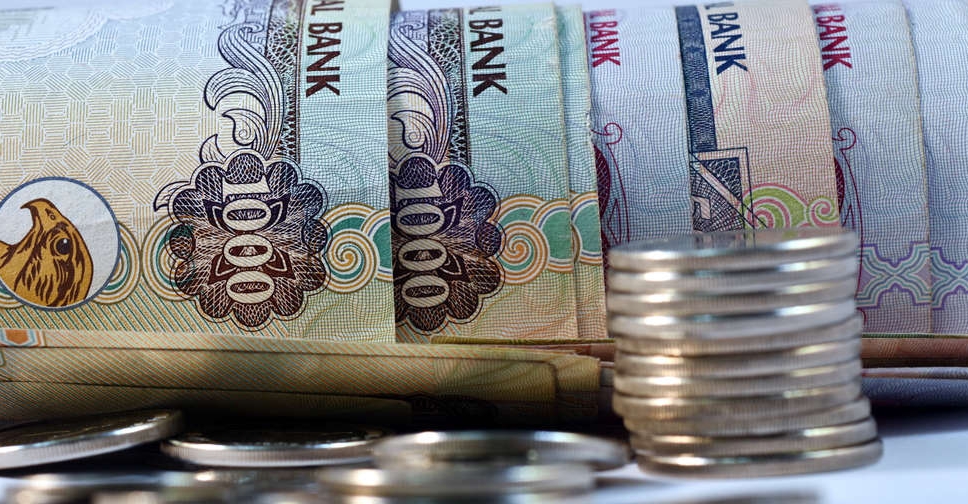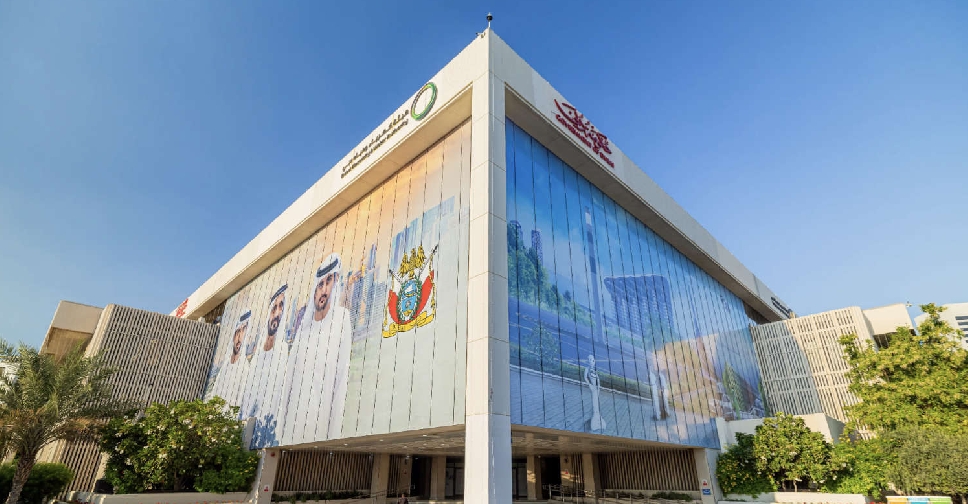
The UAE is reinforcing its commitment to sustainable development in global post-COVID-19 economic recovery.
That's according to Dr. Sultan Ahmed Al Jaber, UAE Minister of Industry and Advanced Technology, and UAE’s special envoy for Climate Change, and Chairman of Masdar.
Speaking at the opening ceremony of the Abu Dhabi Sustainability Week (ADSW), which was held virtually, Dr. Al Jaber said the COVID-19 pandemic was a wake-up call for humanity and it reinforced the importance of sustainability in its broadest sense.
"The pandemic showed us how close the ties are between the world’s health, food, and resource security. Global supply chains were tested like never before and revealed weaknesses we never imagined. These were difficult and challenging days and forced us to focus on the essential, on what truly matters. At the end of the day, we humans proved just how resilient we can be.
"In the UAE, our leadership viewed the COVID experience as an opportunity to reflect, to strengthen our resource security and reinforce critical supply chains. This approach ensured that we were able to test, re-test and test again every single person living here. It allowed us to lead the way in vaccinations, with more than two million doses given so far, representing the second-highest ratio in the world.
"It ensured that we had more than enough medical supplies and allowed us to share with 120 countries in need. In short, it allowed us to protect our population, help our economy recover and help others around the world. What we learned from COVID is that when humanity comes together, there is no challenge we can’t overcome. And, after COVID, one of the most important challenges we face today is climate change," Dr. Al Jaber said.
He pointed out that while the COVID-19 pandemic and climate change are two very different challenges, they have three factors in common: they are both global, they respect no borders and they require a united response.
As with COVID-19, the UAE has been a leader in its global approach to climate change and has reached across borders and united with others to make a difference according to Dr. Al Jaber.
"As the world aims to lower its carbon footprint, the UAE will continue to lead as a responsible global citizen and we will leverage our convening power as a unifying force for progress. Later this year, we will welcome the world to join us for this region’s first expo, the Dubai Expo, where sustainability will be the front and centre of our future-focused dialogue.
"And, as we prepare to join the global community at the United Nations Climate Conference in Glasgow, we have already announced our second progressive Nationally Determined Contribution.
This NDC makes us the first country in the region to commit to an economy-wide reduction in emissions. With a goal of a 23.5 percent emission reduction by 2030 from a 2016 baseline, it represents a real and practical contribution that we will build on. Importantly as an emerging, growing economy, it aligns our stage of development with the needs of global development."
Dr. Al Jaber stressed that pro-growth policies based on a diversified energy mix are essential for sustainable post-COVID economic recovery. To power this growth and ensure continued global progress, oil and gas will need to remain part of this energy mix for many years to come and we must make the oil and gas as low carbon as possible.
"Here, the UAE has a dual advantage: a leadership that has made environmental stewardship an integral part of our economy and a natural advantage that has made our oil and gas among the least carbon-intensive in the world," Dr. Al Jaber explained.
The UAE is investing in technologies to further reduce the carbon footprint of the energy it produces and a prime example is its investment four years ago in the first industrial-scale carbon capture and storage (CCS) facility in the region.
"Back then, we could see the huge contribution carbon capture technology could make in tackling climate change. And this has become even more apparent today because there is no credible way of reaching global climate goals without the widespread adoption of CCS. That is why in the spirit that has brought us all together today, we are more than willing to share our CCS experience with any partner in any country," Dr. Al Jaber said.
He added that he sees great opportunity in Hydrogen and it could take a significant amount of carbon out of the energy system. "With our existing infrastructure and large CCUS capabilities we believe we can be one of the lowest cost and largest producers of blue hydrogen in the world."
ADSW is a global platform for accelerating the world’s sustainable development. It brings together a unique fusion of world leaders, policymakers, industry specialists, technology pioneers, and the next generation of sustainability leaders.





 Tesla warns it could face retaliatory tariffs
Tesla warns it could face retaliatory tariffs
 Abu Dhabi Fund for Development launches luxury hotel project in Egypt
Abu Dhabi Fund for Development launches luxury hotel project in Egypt
 UAEFTS processes AED 19.89 trillion in transactions in 2024
UAEFTS processes AED 19.89 trillion in transactions in 2024
 DEWA contributes AED 20m to Fathers’ Endowment campaign
DEWA contributes AED 20m to Fathers’ Endowment campaign

